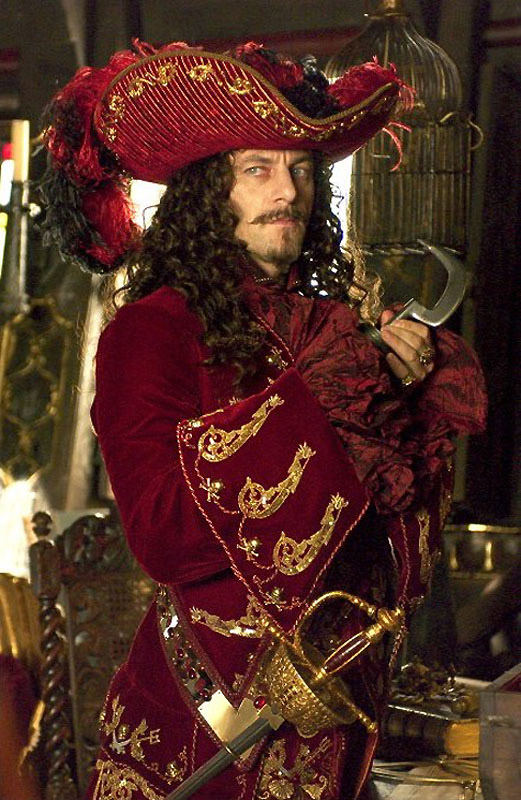 |
| This picture is entirely unrelated. |
Firstly, Humor. There is a conception in much of modern
science fiction of grit. This is
demonstrated primarily in the videogame genre, which features protagonists with
such broad shoulders and stubbly faces that they make Jake Gittes look
soft-boiled. The protagonists of I, Robot are no such macho-men, instead
they are primarily scientists and technicians who given an impression of early
baldness and pocket-protectors. Geeks.
 |
| Donovan and Powell, in their other job arranging spring break activities for College Kids. |
Secondly, right now people love a Strong Female CharacterTM, but more even than that they
love arguing over whether or not someone qualifies as a Strong Female CharacterTM. Susan Calvin, the other primary
protagonist for most of the book and arguably the most prominent character, is
clever, quick-witted, and doesn’t rely on men to get things done, but at the
same time the only chapter which has her showcasing strong emotions has her
tearful over lost love.
I am by no means a Gender Studies expert4 , and so I won’t
comment on whether Susan Calvin is or is not a good feminist role model. Whatever else she is, she is an
extremely compelling character, and watching her cleverly deduce the problems
with robots, especially ahead of the men in her field, is highly
satisfying. The book reads just as
much like mystery as it does Sci-Fi.5
However, a third issue I find prescient is the issue of Religion. In Chapter 3, “Cutie”6, a Robot who is meant to be running a
power converter, goes a bit rogue, developing a Cult of the Master and teaching
other Robots to join in as well.
This leads to trouble for, of course, Powell and Donovan.
 |
| To be fair, I too would assume that Powell and Donovan couldn't be my makers due to their inferior intelligence. |
The Clerical Fiction is of course delightful, but what I find interesting is that in the text you could interpret either side as being Theist/Nontheist in the debate, which resembles many that go on between Theists and Nontheists today. Cutie appears to be the “Religious” one, given that he is “The Prophet of the Master”, he also resembles a Militant Atheist7 in his utter refusal to accept anything on faith, such as the existence of Earth. I think in the end, the story is more of a caution against radical religiosity than any particular side of Theist/Nontheist view.
I, Robot is a
satisfying read, start to finish, and definitely worth checking out. For those not into Science Fiction,
don’t worry, most of the stories revolve around characters solving Logical and
Philosophical problems than figuring out some way to reverse the polarity of
the neutron flow. It’s top quality
Sci-Fi. Go grab it.





